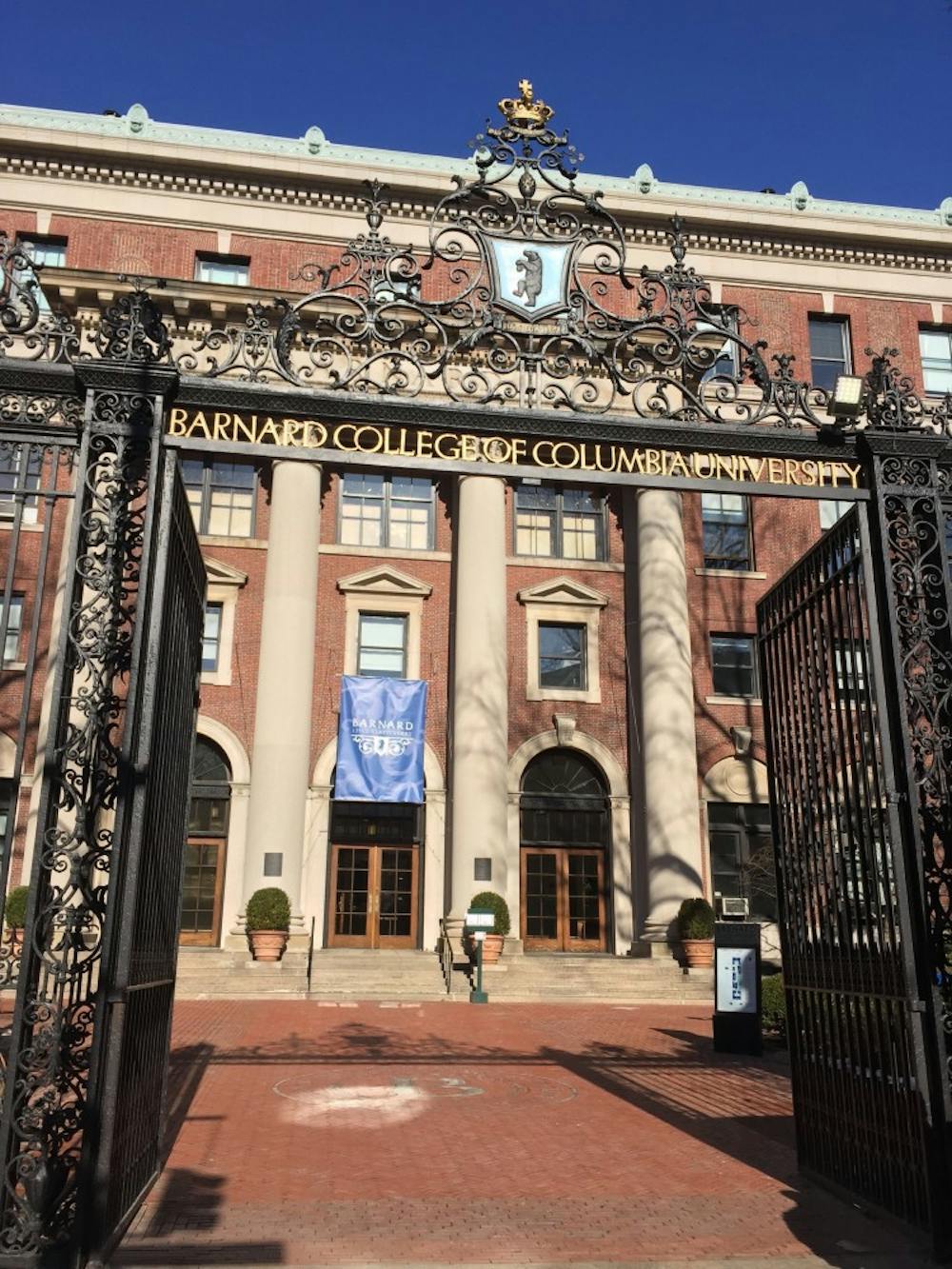
Scientists say we have entered a new epoch. Considering the lasting impacts of human-centered destruction on the world’s flora and fauna, researchers have stressed the need to mark the end of the Holocene and the start of the Anthropocene. The Center for Biological Diversity has stated that the last time Earth’s rate of species extinction was so high was 65 million years ago, when the dinosaurs collapsed. Recent statistics show that 45 percent of Earth’s invertebrates have a “threatened” status, along with over 40 percent of amphibians and nearly 20 percent of bird species.
Paleontologists, charged with analyzing features of the past responsible for the birth and extinction of Earth’s organisms, now face a sobering task.
Siobhán Cooke, a paleontologist and assistant professor at the School of Medicine, has described her work as attempting to salvage organisms she considers “walking ghosts.” In a interview with The News-Letter, Cooke offered her thoughts on academia, social justice and paleontology in the Anthropocene.
1. Would you talk about how your interest in paleontology began? What first attracted you to the field?
I always liked animals and had a fascination with the natural world since I was a small kid. This career path ended up being a logical extension of those interests for me. I really feel most myself when I’m in the field collecting fossils. It’s an amazing amount of fun to find something that is millions of years old and to think about what’s that animal’s ecology, phylogenetic relationships and so forth would have been. It’s kind of magical.
Academia fits my personality and values as well. I really want to have the time to focus on my research, and academia allows me to do that. There are plenty of problems in academia (e.g., sexism, racism, classism), but there is a focus on intellectual curiosity and knowledge for its own sake, and that is something that I really value. I also think that many academics do really believe in equality and social justice and are working hard to make the world better.
2. Could you talk a bit about your educational background?
I started off majoring in anthropology generally (cultural, archaeology and biological) at Barnard College but then ended up taking quite a few biological anthropology classes.
My first year, I was randomly assigned an evolution class as a distribution requirement and really enjoyed it. I ended up really loving biology and decided to pursue the PhD. Since my PhD, I’ve branched out to work not just on primates but also rodents, sloths and bats (a little bit) so I now consider myself to be more of a paleontologist than a biological anthropologist.
3. How would you describe your experience as a woman paleontology student? What sorts of biases and challenges did you encounter?
It’s been a mixed bag. I definitely wouldn’t have accomplished what I have if I had listened to any of the men over the years who have told me that paleo isn’t a place for women. As it turns out, my resistance to being told what to do has served me well in these situations. When someone tells me that I can’t do something, my gut reaction is, “watch me.”
I had one professor in grad school who said that it was a waste taking female grad students because they just get married and don’t actually pursue an academic career.
My dissertation advisor encouraged me to just look at community college jobs (to be clear, there is nothing wrong with that path, but it wasn’t what I wanted) and told me that paleo was an old boys club and I shouldn’t expect anyone to listen to me.
A couple years ago, I got a review on an NSF (National Science Foundation) proposal that managed to be both sexist and xenophobic/racist. The reviewer suggested that doing research in Colombia was “too dangerous” for a woman and that I should have a male colleague “who has experience in difficult places” come to the field with us. The site that I work at in Colombia is a tourist attraction for locals and completely safe. Strangely, the colleague he suggested spoke no Spanish and had never worked in Latin America, so it seems his only qualification was his gender.
All that being said, I have a lot of really wonderful collaborators — both male and female — all of whom would describe themselves as being committed to gender equality. And the field is changing.
4. How would you describe the state of equity in paleontology and science today?
In biological anthropology, we are trying to do better. There is pretty good representation of women but still relatively few people of color. I’m queer, and my feeling is that in biological anthropology, representation/acceptance of LGBTQ folks is pretty good; we have, for example, a queer interest group as part of the diversity committee for our national organization.
The majority of paleontology professors in the United States are still white men, though; the younger generation has better representation of women. I don’t have a sense of LGBTQ representation because the national associations don’t have LGBTQ interest groups so far as I know.
What do you think professionals should do to promote a more inclusive environment for women, people of color, LGBTQ individuals and other marginalized groups in the sciences?





